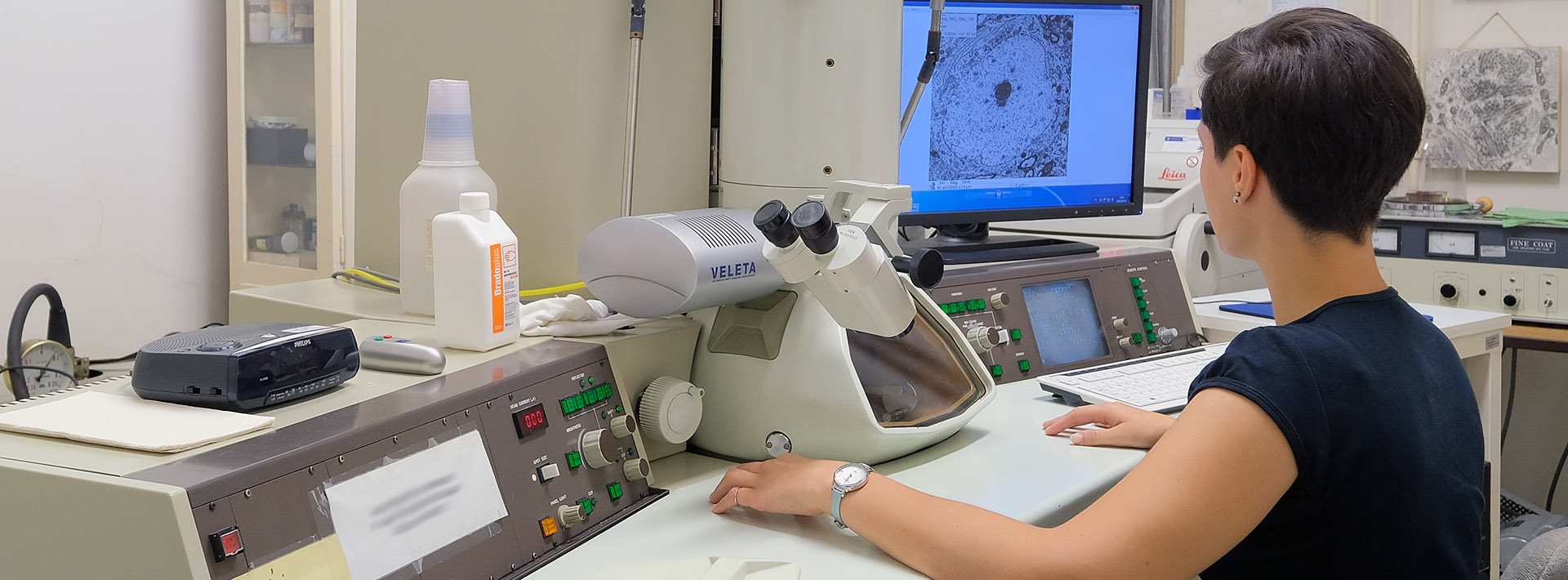Adatok
A Tantárgybejelentőben megadott hivatalos adatok az alábbi tanévre: 2024-2025
Tantárgyfelelős
-
Szeberényi József
emeritus professor,
Department of Medical Biology and Central Electron Microscope Laboratory
Óraszámok/félév
előadás: 12 óra
gyakorlat: 0 óra
szeminárium: 12 óra
összesen: 24 óra
Tárgyadatok
- Kód: OSE-MS2-T
- 2 kredit
- Dentistry
- Elective modul
- spring
Nincs
Kurzus létszámkorlát
min. 5 fő – max. 40 fő
Tematika
The main objectives of this course are to stimulate interest in students toward the experimental approach to cell biology, to develop their interpretation, problem-solving skills and their creative way of thinking. This course is an advanced course tightly connected to the compulsory subject Molecular Cell Biology. The lectures cover the important discoveries of cell and molecular biology, using an experimental approach. On the small-group-discussions phenomena of molecular cell biology are described and discussed using problem-based learning techniques (e.g. figure analysis, planning of experiments, application tests) developed in the Department of Medical Biology. The compulsory subject deals with these same topics with more conventional educational methods. Although the course helps to understand principles and processes in cell biology, it is in no way required to successfully complete the compulsory subject.
Előadások
- 1. Methods to study vesicular transport - Szeberényi József
- 2. Methods to study the cytoskeleton - Szeberényi József
- 3. Methods to study the cell membrane and the extracellular matrix - Szeberényi József
- 4. Methods to study receptor proteins - Szeberényi József
- 5. Methods to study G-protein-mediated signaling - Szeberényi József
- 6. Methods to study growth factor and cytokine signaling - Szeberényi József
- 7. Test - Szeberényi József
- 8. Methods to study oncogenic viruses - Szeberényi József
- 9. Methods to study cellular oncogenes - Szeberényi József
- 10. Methods to study tumor suppressor genes - Szeberényi József
- 11. Methods of molecular medicine - Szeberényi József
- 12. Final test - Szeberényi József
Gyakorlatok
Szemináriumok
- 1. Methods to study vesicular transport - Szeberényi József
- 2. Methods to study the cytoskeleton - Bátor Judit
- 3. Methods to study the cell membrane and the extracellular matrix - Feketéné Kiss Katalin
- 4. Methods to study receptor proteins - Schipp Renáta
- 5. Methods to study G-protein-mediated signaling - Varga Judit
- 6. Methods to study growth factor and cytokine signaling - Bátor Judit
- 7. Test - Szeberényi József
- 8. Methods to study oncogenic viruses - Feketéné Kiss Katalin
- 9. Methods to study cellular oncogenes - Schipp Renáta
- 10. Methods to study tumor suppressor genes - Varga Judit
- 11. Methods of molecular medicine - Bátor Judit
- 12. Final test - Szeberényi József
A tananyag elsajátításához szükséges segédanyagok
Kötelező irodalom
None.
Saját oktatási anyag
Educational materials on the homepage of the Department of Medical Biology:
Problem-solving tests in molecular cell biology
Figure analysis in molecular cell biology
Jegyzet
None.
Ajánlott irodalom
Cooper-Hausman: The Cell. A Molecular Approach
Szeberényi J.: Experiments in Molecular Cell Biology
A félév elfogadásának feltételei
According to the Code of Studies.
Félévközi ellenőrzések
None.
Távolmaradás pótlásának lehetőségei
None.
Vizsgakérdések
Multiple-choice test.
Vizsgáztatók
Gyakorlatok, szemináriumok oktatói
- Bátor Judit
- Feketéné Kiss Katalin
- Pap Marianna
- Schipp Renáta
- Szeberényi József
- Varga Judit
